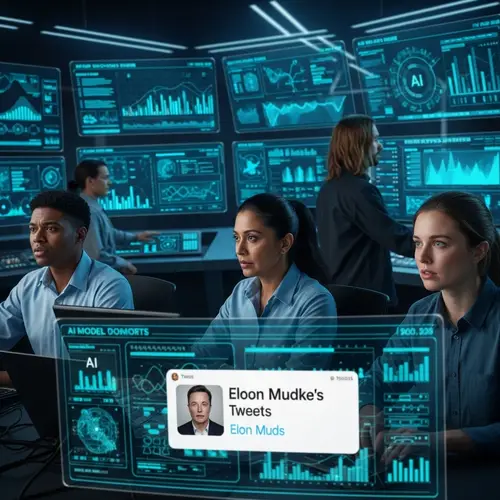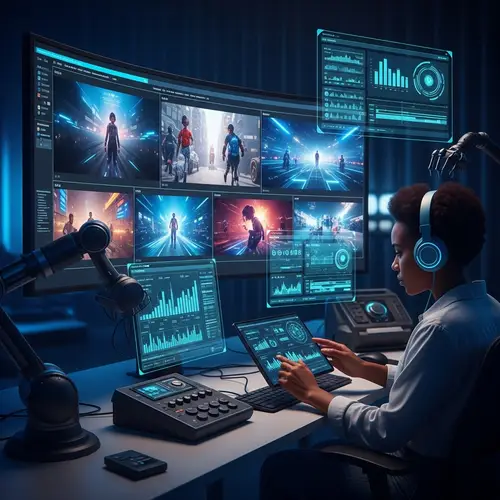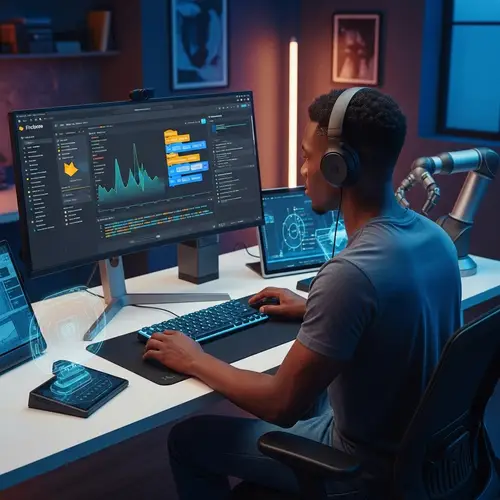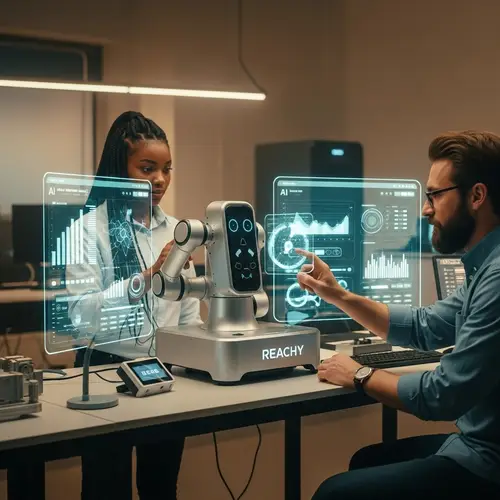New Website ‘The OpenAI Files’ Exposes Internal Criticism and Transparency Concerns
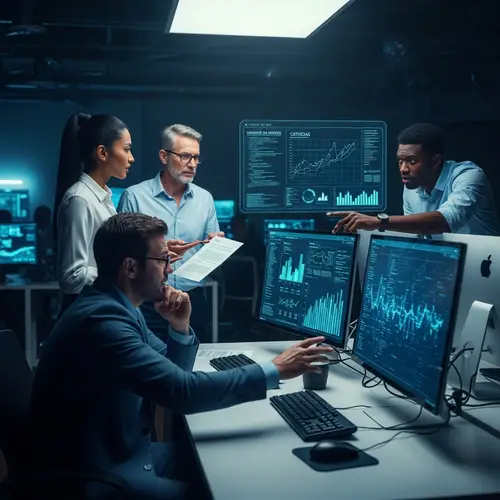
OpenAI has changed the way folks think about artificial intelligence, to say the least. But now, things are getting a bit murky. A fresh platform called The OpenAI Files just dropped, and it’s stirring up quite the buzz. Why? Because it lays bare a wave of internal openai criticism and concerns that had mostly stayed behind closed doors—until now.
Honestly, I feel like this was kind of inevitable. With AI companies growing faster than weeds after a spring rain, transparency becomes less a nice-to-have and more something the public needs. The site’s creators say they’re aiming for public oversight of openai strategy. Naturally, that’s got people talking. Let’s unpack what this new site is all about and what it means if you care about AI development, truth-telling, or where OpenAI is heading.
Presentation to The OpenAI Files

The OpenAI Files isn’t your typical leak site or exposé dump. It’s more of a curated collection of statements, documents, and public complaints showing a pattern of discomfort from current and former members of OpenAI. They say they’re worried about how the company’s handling leadership choices and transparency.
Rather than sensational headlines or juicy gossip, it’s more like an organized hall of concerns—offering reflections from people who’ve been on the inside.
Who’s Behind This?
The folks behind the site have stayed anonymous (not gonna lie, kind of expected), but they seem to have access to some credible statements and materials. And even though anonymity can be a red flag, in this case, it might offer protection to whistleblowers.
From what I can tell, their core message is: OpenAI doesn’t always practice what it preaches. They argue that the company’s original nonprofit promise isn’t lining up with its current corporate reality. That’s where the criticism of openai’s nonprofit mission shift really kicks in.
What Are the Concerns?
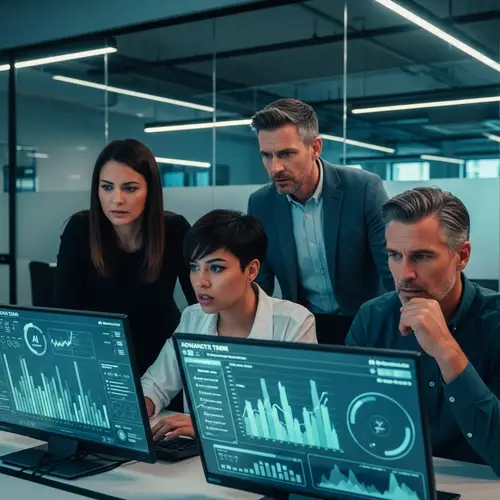
If you ask me, the concerns laid out on the site are less about wild scandals and more about slow burns—like drift in company values, poor leadership communication, and a lack of openness in key decisions. Maybe it’s just me, but those issues can be even scarier than tabloid-level scandals.
Loss of Transparency
One of the major things people are talking about is openai leadership transparency issues. The site points out situations where major decisions were made with little internal discussion or explanation. It kinda gives off secret society vibes.
For instance, let’s say there’s a big project proposal. Normally, you’d expect some sort of forum or feedback loop. What The OpenAI Files suggests is that people are left in the dark—until things are basically a done deal.
Profit Over Mission?
Another hot-button issue involves how OpenAI balances its vision with the realities of being a company among tech giants. It started as a nonprofit built to serve humanity, right? But over time, it’s formed deep commercial ties—and that’s where some folks feel things got fuzzy.
The site shows frustration that staff and the public were initially told one thing, then shown something different. That’s where that growing noise of internal openai criticism and concerns really ramps up.
Public Oversight… Or Just Lip Service?
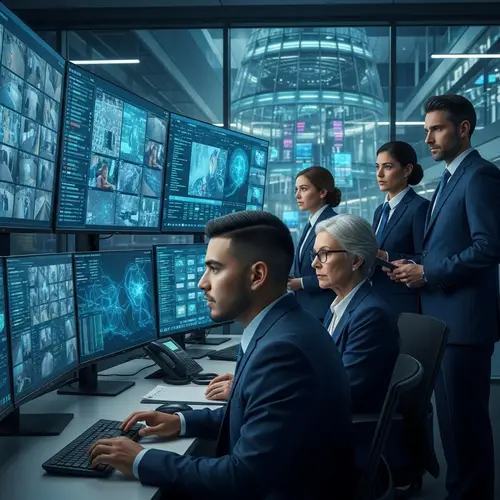
From what’s being shared, there’s a sense that public input is more performative than real. I could be wrong, but it seems like transparency isn’t something OpenAI always welcomes—it’s more like something they manage.
Folks behind The OpenAI Files argue that breaking down what’s going on internally helps create real conversations about oversight. For what it’s worth, that feels fair. When you’re building models that can shape economies and affect how we learn or communicate, the public has a right to know what’s happening behind the scenes.
Why Should Anyone Outside OpenAI Care?
Good question. If you’re not a developer or in the AI industry, this might sound like inside baseball. But when tools like ChatGPT are setting new norms, the question becomes: who’s deciding what AI can and can’t do?
These tools impact schools, medical decisions, business communication—you name it. So when people say there’s a mismatch between the mission and the execution of OpenAI, it raises questions we all should be asking, like: Who sets the ethical guardrails? Who’s watching the watchers?
New Stories From Inside: Internal Criticism Made Public
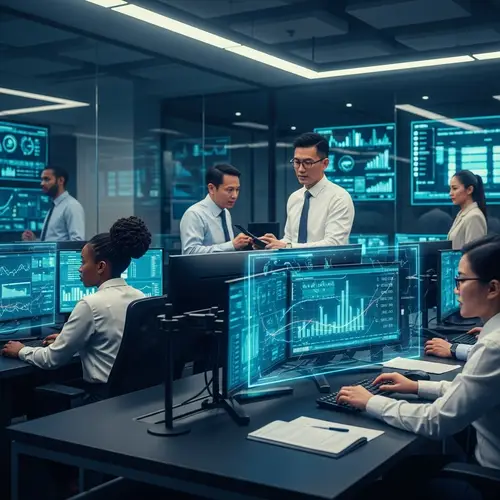
The site features a mix of blogs, memos, and social media posts from former employees. Some mention burnout. Others share resignation letters that read more like manifestos. Together, they build this picture of a workplace trying to do amazing things, but stumbling along the way.
Leadership Under the Microscope
Sam Altman—yeah, the company’s CEO—is a recurring focus. Critics say he’s made ambitious bets, but hasn’t always done it in a way that brings people along with him. Again, maybe it’s just me, but I kinda get the vibe that people are more frustrated about how things are changing than what’s being built.
Philosophical vs Practical Conflict
Philosophy is great until it meets payroll. That’s one way to capture what’s happening, in my opinion. There’s a growing divide between those who feel AI security work should come first and folks pushing ahead on releasing powerful tools.
Just my two cents, but that rift’s not just internal—it spills out into how OpenAI is viewed by policymakers, the media, and even its competitors.
Impact on AI Security and the Public Conversation
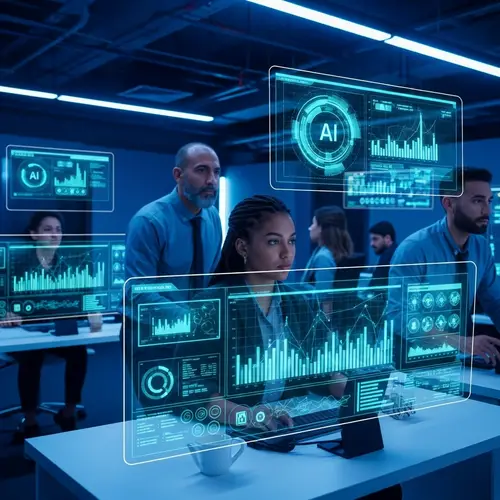
So why does this matter beyond OpenAI’s own four walls? Because how OpenAI handles this moment could ripple out across the entire AI industry. If the biggest name in town is having a trust and communication crisis, that kind of sets the tone, right?
And let’s not forget: OpenAI isn’t just another startup. It’s the poster child for the AI movement. When its past and present team members raise alarms about transparency or ethical shortcuts, that’s worth paying attention to.
How This Could Shape Oversight
What The OpenAI Files aims to do, the way I see it, is give external stakeholders ammo to pressure for stronger public oversight of openai strategy. This could mean demands for independent audits, increased board independence, or even new government regulations for AI developers.
The whole thing also underscores the importance of having clear boundaries between nonprofit ideals and commercial interests. If they blur too much, people don’t know who to trust.
Key Takeaways
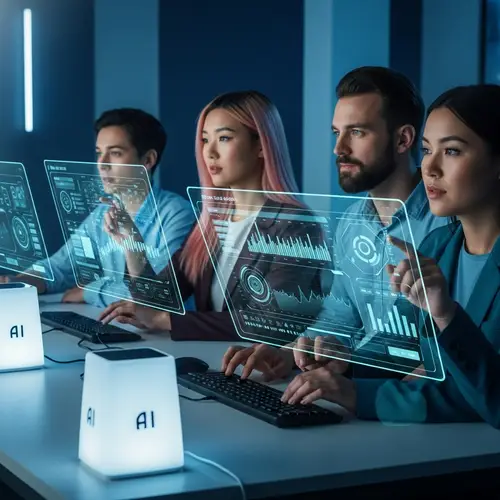
- The OpenAI Files is a new platform sharing statements and criticisms from former OpenAI insiders.
- It raises questions about leadership transparency and decision-making practices.
- The shift from nonprofit goals to profit-focused growth is a central theme.
- Public oversight is being asked for—loudly.
- This could impact how other AI companies handle internal accountability.
FAQs About The OpenAI Files
It’s a site that collects stories, statements, and documents from former OpenAI employees, highlighting internal criticism and transparency concerns.
Nope. OpenAI hasn’t officially confirmed or denied everything on the site. Still, many parts stem from verified former staff communications.
These complaints could impact how trustworthy OpenAI is seen—and give us a glimpse into how it makes decisions about AI that many of us use every day.
Not necessarily. But the criticism highlights a need for clearer boundaries, stronger communication, and a better fit between mission and methods.
Possibly. If The OpenAI Files leads to more oversight or public involvement, it might steer how future AI projects are guided and governed.
Final Thoughts
This might sound weird, but peeking into a company’s growing pains like this can make the whole tech landscape feel a little more human. OpenAI isn’t perfect, but neither are the people pointing fingers. Still, until there’s meaningful public oversight, platforms like The OpenAI Files might be filling a vital gap.
So, whether you’re a curious techie, a business owner using AI tools, or just someone trying to grasp where AI is heading, keep this on your radar. Things are changing fast, and who’s guiding that direction really does matter.
Looking to explore more angles on AI tools like ChatGPT and others? Stick around and check out more of our blog posts. There’s a lot more to uncover.

